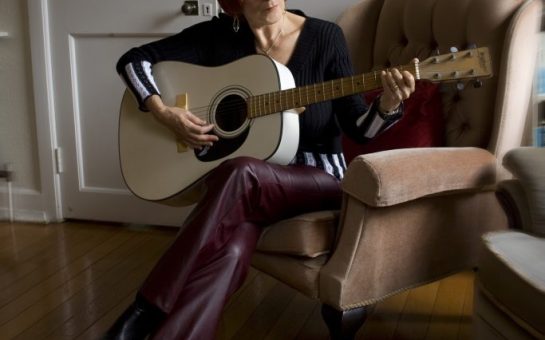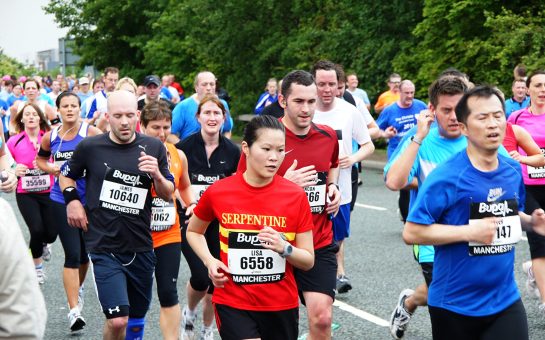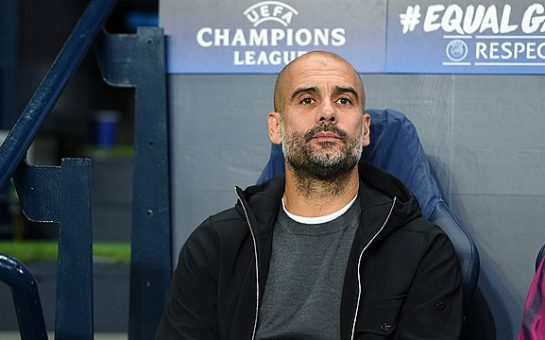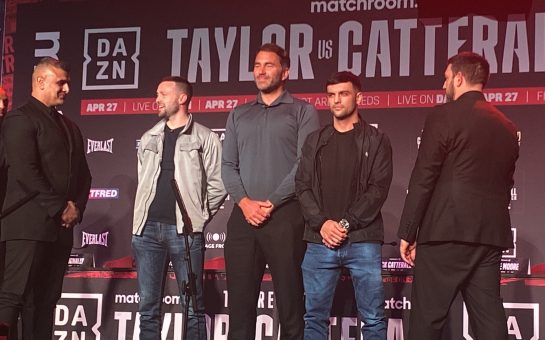Britain’s most successful ever Olympic sailor – Macclesfield’s Sir Ben Ainslie – speaks to Mancunian Matters and looks back on his London 2012 Olympic Games success.
When I think back to the London Parade and the thousands of fans cheering the Team GB Olympians on in the capital after our successes at the London Games, I still get goosebumps.
It was very inspirational and the amount of people that turned out to cheer the team on was phenomenal – it’s good to look back and remember all of those wonderful memories.
It was such a great reception and I think the fact the Paralympics were also such a success, and so positively received, was great for sport in this country.
The Olympics were incredible – quite apart from my own success, just to be part of it all was a huge honour. To tell your grandkids, ‘I was there with Jess Ennis or Mo Farah at the closing ceremony’.
We have never experienced a crowd like that at an Olympic Games and it definitely made a difference.
To be Team GB’s flag bearer at the Closing Ceremony of the London 2012 Games was a really proud moment for me as well and for sailing to have such an involvement at the end of what were such an amazing Olympics for the whole country.
There were so many people involved in making these Games so special, so I think one thing you’d say on behalf of all the athletes at London 2012 is thanks so much to everyone involved – all the volunteers, and the whole nation for getting behind the team.
It was our best-ever performance at the Olympics, and I think a lot of that comes down to having so much fantastic home support.
Since the Olympics I have spent most of my time in San Francisco working on the ORACLE TEAM USA America’s Cup campaign.
There have been a couple of times I have missed the Finn and the way you train for an Olympics because as a single-handed sailor you are totally in control of everything, it come down to you and pretty much you alone.
That is a completely different situation to an America’s Cup, where you have a huge team of people, both sailors on the water and the shore support, who are all working together for the end result.
There are so many different pieces of the puzzle that need to come together to make it a success and that is really interesting to be a part of.
After so many Olympic campaigns it is now really exciting to be part of a big team and to take on a challenge like the America’s Cup.
We are also trying to help create a bit of a legacy in sailing with the launch of the Andrew Simpson Sailing Foundation.
After Bart’s death his family and friends wanted to do something to help young people get involved in sailing through mentoring and support.
The foundation aims to help young sailors who have a bit of talent, and who would like to take their sailing career further, whether as a sailor, or a boat builder or a sailmaker, or just something in the sailing industry.
If we can help just one young person do that it will be a massive achievement, but of course we want to help as many young people into the sport of sailing as possible and that is our goal.
Bart’s death shook me, no question. Sailing is a difficult career for families. It is hard constantly being on the road, trying to make relationships work.
But yeah, I guess that moment [the near accident] was my answer. It was a real ‘well, what are you going to do? Give up? Or get back on the horse?’ Sailing is what I want to do.
There is definitely a significant feel-good around sport in Britain at the moment and the success of the London 2012 Games has undoubtedly played a huge part in that.
The follow on successes of guys like Andy Murray, Chris Froome in the Tour de France and the British Lions have contributed to a real high for British sport and have helped to maintain the public enthusiasm we saw off the back of the Games.
There has been a lot of talk about a legacy for London 2012.
Politically there is always an issue around the cost of hosting these sorts of events, and how you weigh that up against other very worthy causes, like education, health and all these other critical areas.
But sport does interlink with a lot of these other key areas and it is how you make the most of capitalizing on hosting big events so that that investment can be quantified for many years to come.
Initiatives like sported, the leading London 2012 Olympic and Paralympic Games legacy charity that works with clubs to put on sport in an effort to bring about social change within their communities, are a great example of working on the legacy of the Games and actually directly doing something proactive. Ultimately it is about going out there and doing it and getting these initiatives off the ground.
I still think we can do more with education and sports. I know there was a lot of talk about that off the back of the Olympics but that seems to have died away slowly.
The legacy initiative is still there but with the sporting successes the country has had, not just London 2012, it would be really great to use that to push school sports more because, especially in certain disadvantaged areas of the country, sport is a really good leveller where kids can go out, do something meaningful and really be inspired.
In my own sport of sailing I think clubs can also do more to help themselves in encouraging more people to sail more often. The RYA does a lot of good grassroots work with schools and youth clubs through its OnBoard scheme, and this has been pretty successful to date in getting kids into the sport, but funding can only go so far.
When you look at countries like France and Spain they go out to schools really well so it would be great for British sailing clubs to have more interaction with their local schools and work hard to get more young kids out on the water.
The Volvo Sailing Academy is proving to be a big success in running on the water taster sessions for complete beginners, plus improver-coaching days for more experienced sailors, at sailing clubs around the country.
A number of my London 2012 sailing teammates, including Paul Goodison, Nick Dempsey and Stuart Bithell, have gone along to pass on their tips and knowledge and help inspire the people having a go.
I think it says a lot about the changing attitudes towards sport in this country that there is already a buzz around Rio 2016 three years out from the Games.
A home Olympics is such a huge psychological boost for home athletes. We have seen that so many times, that is not a new trend. But traditionally the host nation of an Olympic Games has not replicated that performance at the following Games. Hopefully we can buck the trend for Rio. I personally think we have a very good chance of doing it.
Certainly the funding that has been guaranteed for the next cycle is great to see and gives the TeamGB and ParalympicsGB athletes the chance to be as prepared and successful as both teams were in London. I think it is a great goal to be the first team not to experience a dip after a home Olympics and hopefully we can achieve that.
Volvo Car UK has been a key sponsor of British sailing since 1999, supporting everything from youth development at grassroots through to Britain’s top sailors at the pinnacle of the sport. For more information go to www.volvocars.co.uk/sailing
For more on this story and many others, follow Mancunian Matters on Twitter and Facebook.



